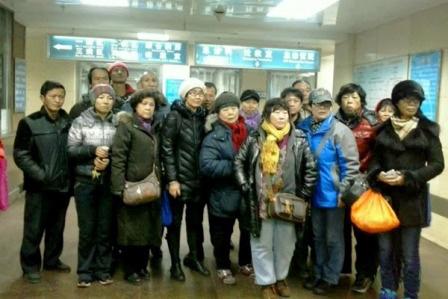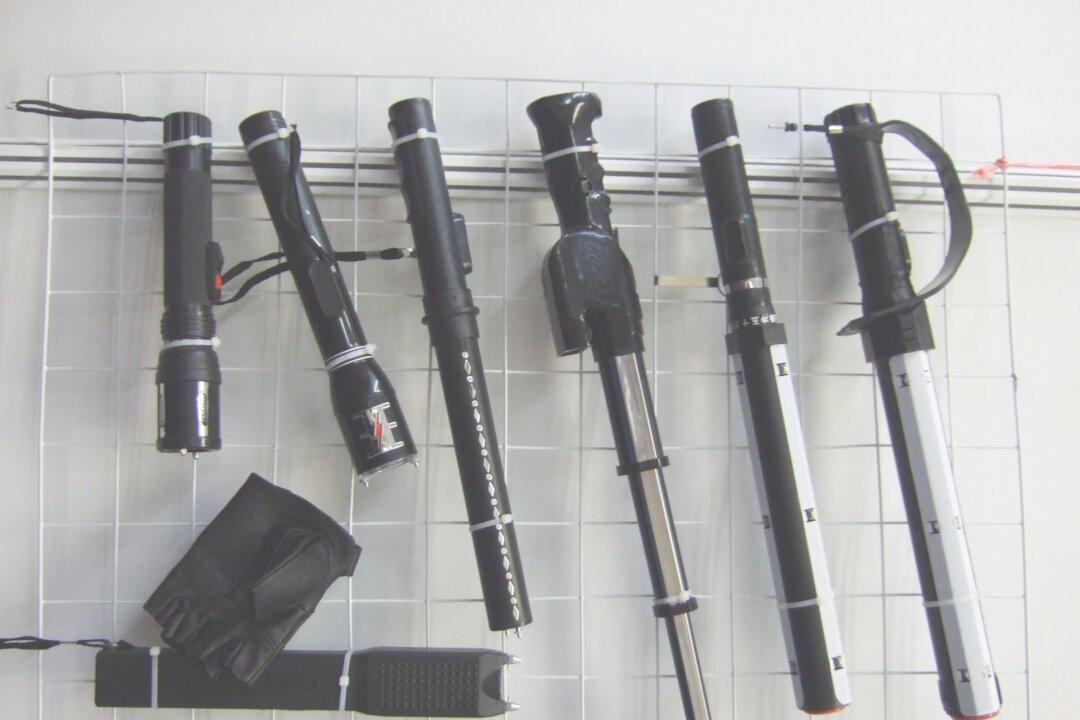The recent death of Chinese human rights defender Cao Shunli has brought a cascade of censure on China, including at Tuesday’s United Nations (UN) Human Rights Council, where China usually managed to avoid direct criticism.
Cao died, according to family and friends, because authorities denied her medical treatment while she was incarcerated. They released her only when it was certain she was near death. Chinese officials denied this, first in the media, and on Wednesday at the UN council meeting, which did not find the defense convincing.
“The death of Ms. Cao is a tragic example of the results of criminalization of the activities of human defenders in China and reprisals against them. It is unacceptable that civil society activists pay the ultimate price for peaceful and legitimate interaction with the United Nations and its human rights mechanisms,” United Nations experts said in yesterday’s news release.
Quoting recent statements from China, “No one suffers reprisal for taking part in lawful activities or international mechanisms,” and “There is no so-called issue of suppressing ‘human rights defenders’,” Human Rights Watch (HRW) says that China should be made to answer for Cao’s death.
China should make a promise to hold accountable those responsible for Cao’s death as it defends it questionable human rights record before the Human Rights Council, said Sophie Richardson, China director at HRW.
Already this month, in her annual report as the UN Special Rapporteur on the situation of human rights defenders, Rapporteur Margaret Sekaggya noted that China had denied her routine country visits in 2008 and 2010 to review the circumstances of human rights defenders. The visit is a standard practice for member nations, and China joins company with nations such as egregious human rights offenders Mozambique, Sudan, Zimbabwe, and Syria in denying the Rapporteur visits.
Chinese authorities initially detained Cao Shunli at the Beijing airport in September of 2013, as she was boarding a flight to Geneva to take part in a training session on UN human rights mechanisms and to attend the session of the Human Rights Council. She was formally charged with “illegal assembly” and then with “picking quarrels and provoking troubles” in October.
Cao had planned to seek medical attention while at the conference. Her health deteriorated while she was in detention, and she was refused both the appropriate medical attention and the medical parole her family requested.
Chinese authorities have also withheld appropriate medical treatment or parole for imprisoned Chen Kegui, the nephew of Chen Guangcheng, the wife of Nobel prize winner Liu Xiaobo, who lives under house arrest, and numerous ordinary political prisoners such as Falun Gong practitioner Zhang Jinku in Hulan Prison.




